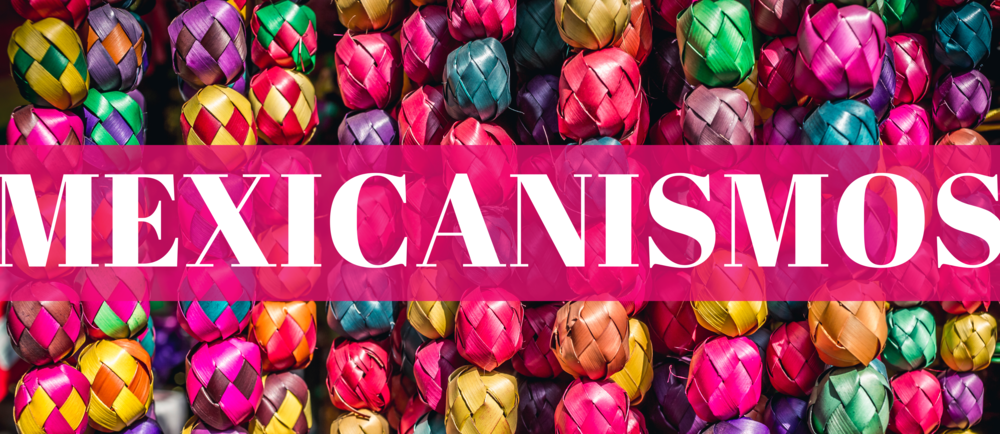
Let's Talk About Mexicanisms
We know there are many things to take into account when learning a new language. While it is essential to learn the rules, conjugations, pronunciation, and grammar formally, most students face a completely different world on their first trip to Mexico.
Also, when they meet their Mexican family, they may notice differencs in how the language is spoken by native speakers and themselves; but why?

The use of diminutives, augmentations, and Mexicanisomo are not normally part of Spanish courses found in schools or language courses. Luckily, at Spoken Learning, we have classes dedicated to teaching these words that are fun and will help students to better understand the Mexican culture and language in everyday conversation.

Now it’s time to define what Mexicanismo is and how it is used. According to the dictionary of the Royal Spanish Academy (Rae), a Mexicanismo is defined as “A word or usage typical of the Spanish spoken in Mexico”. Remember, although the Spanish language has its own rules, it is the speaker who determines the birth of a new word, the evolution of an existing word, and the context in which it is used. That is why in Mexico different words have been born that allows naming things, objects, people, or situations in certain ways.

Here are some of the most common Mexican expressions used in everyday life, their meaning, and an example of their use.
Que tranza:
Using the expression with a question mark ¿Qué transa o tranza? is used as a way to greet and ask the person how he/she is, or ask what’s new in his/her life.
Example: ¿Qué tranza amigo? (What’s up, friend?)
Raza:
A group of family members or friends.
Example: LLegó con toda la raza (He arrived with all his friends)
Chale:
Surprise or annoyance
Example: Chale! se cayó el pastel (Oh no! The cake fell)
Chido:
Nice, something good.
Example: La película está chida (That movie is good)
Chafa:
Ugly, poor quality
Example: Esa tele es chafa (That tv is poor quality)
Chamba:
Work
Example: Me voy a la chamba (I’m going to work)

Now that you know some of the most important words in Spanish, we invite you to practice them in your daily life. Make them part of your vocabulary so that you can embrace, understand, and become part of a different culture.
Using the following link, you can practice using with the words you just learned and use them in different sentences.
Link here.
Expand your vocabulary even further by signing up for Houston Spanish Language classes at Spoken Learning. Our certified, passionate teachers customize lessons according to your learning speed to ensure maximum progress.
Start Learning Spanish Today!
Ready to embark on a journey of language and culture? Join Spoken Learning today and unlock endless opportunities with our online Spanish lessons. Our dedicated native-speaking teachers will tailor learning sessions to your unique style, ensuring your success. Step into a world of connection and enrichment – start your transformative journey now!

